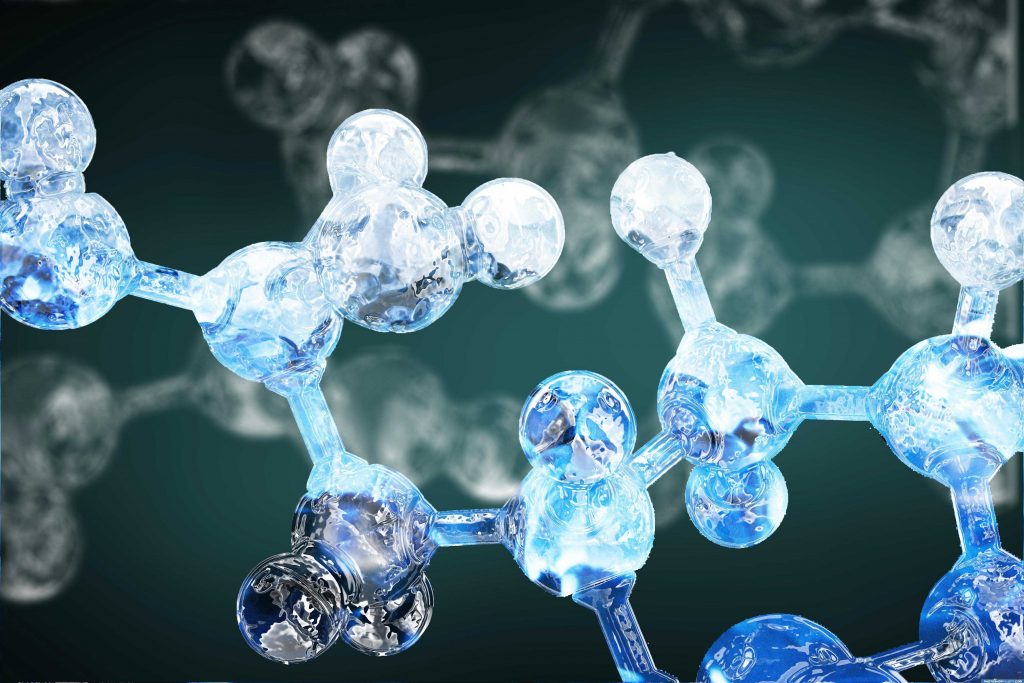The original article – penned by our own Dr. Michael Schwartz – can be found at: https://www.newcanaannewsonline.com/news/article/House-Calls-Captons-guardian-of-the-brain-13085507.php
When Max Holloway, the Ultimate Fighting Championship’s (UFC) featherweight champion was forced to withdraw last minute from his scheduled bout, mixed martial arts (MMA) fans from around the world were shocked to find out that he was suffering from the ongoing effects of a concussion. Unfortunately, his neurologic complaints, which included dizziness, headaches and impaired concentration are becoming increasingly common, not only in professional sports, but amongst high school and college athletes as well.
A concussion is defined as any alteration in consciousness. In the past, athletes suffering from a concussion were often able to return to play without any additional evaluation or treatment. However, with a better understanding of the physiology of head injuries, this is not the case. Furthermore, researchers are now working on ways to diagnosis, treat and prevent the long term detrimental effects of concussions including Chronic traumatic encephalopathy (CTE).
CTE is a disorder of the brain characterized by degeneration of cerebral (brain) tissue. Tau protein is deposited in the brain as a result of chemical changes which can result in permanent brain injury. Changes may be subtle at first and can include confusion, memory impairment, and personality changes. Long term consequences are more serious which include depression, gait disturbance and premature death. A number of high profile athletes, including NFL stars Frank Gifford, Ken Stabler and Junior Seau have died from the effects of CTE.
People with frequent and recurrent concussions appear to be at increased risk for CTE. Thus, individuals involved in contact sports (i.e. football, ice hockey, boxing and MMA) seem to be at the highest risk, while others who are subject to repetitive head trauma (including soccer players, skiers and members of the military) might be at additional risk as well.
There are few accurate tests to diagnose CTE and treatments for the condition are very limited.
Recently, Mercaptor Discoveries, a privately held company founded by a team of scientists, reported a potential breakthrough in the treatment of CTE. The company has identified a molecule known as a “Capton®” which appears to have the ability to prevent brain cell damage, dysfunction, and degeneration. When taken orally, the molecule moves into the brain and “monitors” brain health. Once damage is detected, the molecule is converted into a secondary molecule which has a neuroprotective effect. Sara Isbell, CEO and lead scientist of Mercaptor Discoveries, explained that someone at high risk for getting a hit to the head (military and sports), could take a capton daily (or just after a concussion) in order to prevent further cerebral injury should damage occur. “If you have already suffered a hit to the head, or have been diagnosed with a long term disease such as CTE, ALS, Parkinson, etc., you would start taking Captons — when available. This will greatly limit further destruction of the brain.”
Isbell emphasizes that once in the brain, Captons only appear to become active when they detect brain cell damage. “This technology is unprecedented and a game-changer for treating brain diseases. Captons get into the brain and silence the brain locally and only where there is damage. This gives captons the best chance out there of any other drug currently being researched.”
Parents are obviously very concerned about allowing their children to take part in contact sports fearing that they might be subject to the long term effects of head injuries. Although further research and clinical trials are necessary, Captons may prove to be effective treatment in preventing or delaying the effects of CTE. Hopefully, athletes from the ranks of the “pee wee” all the way to those competing at a professional level may benefit from this novel and game changing approach.
Dr. Michael Schwartz is Board Certified in Internal Medicine and is affiliated with Soundview Medical Associates with a private practice in Darien. For comments or questions, visit his web site at drmichaelbschwartz.com.

